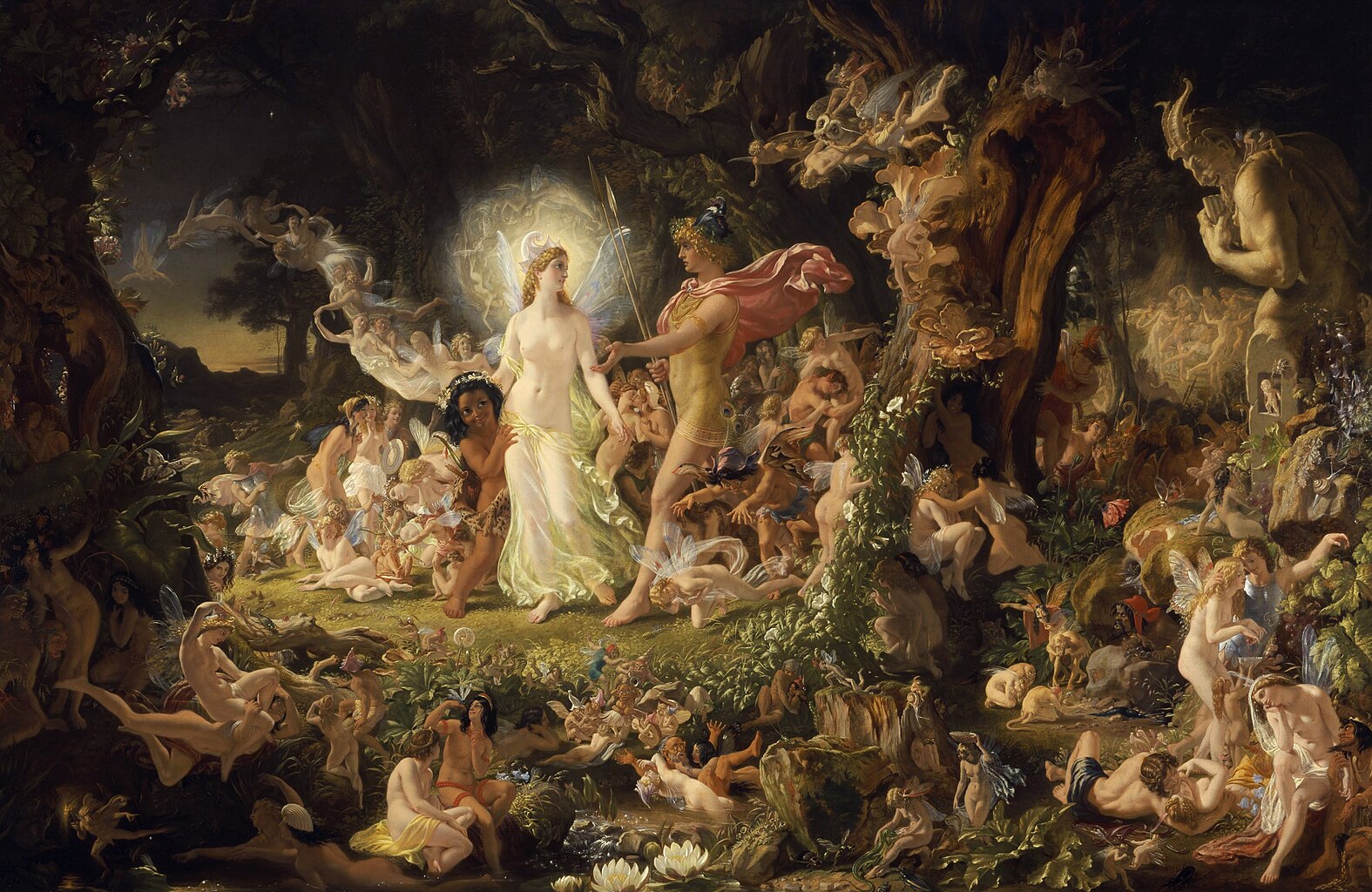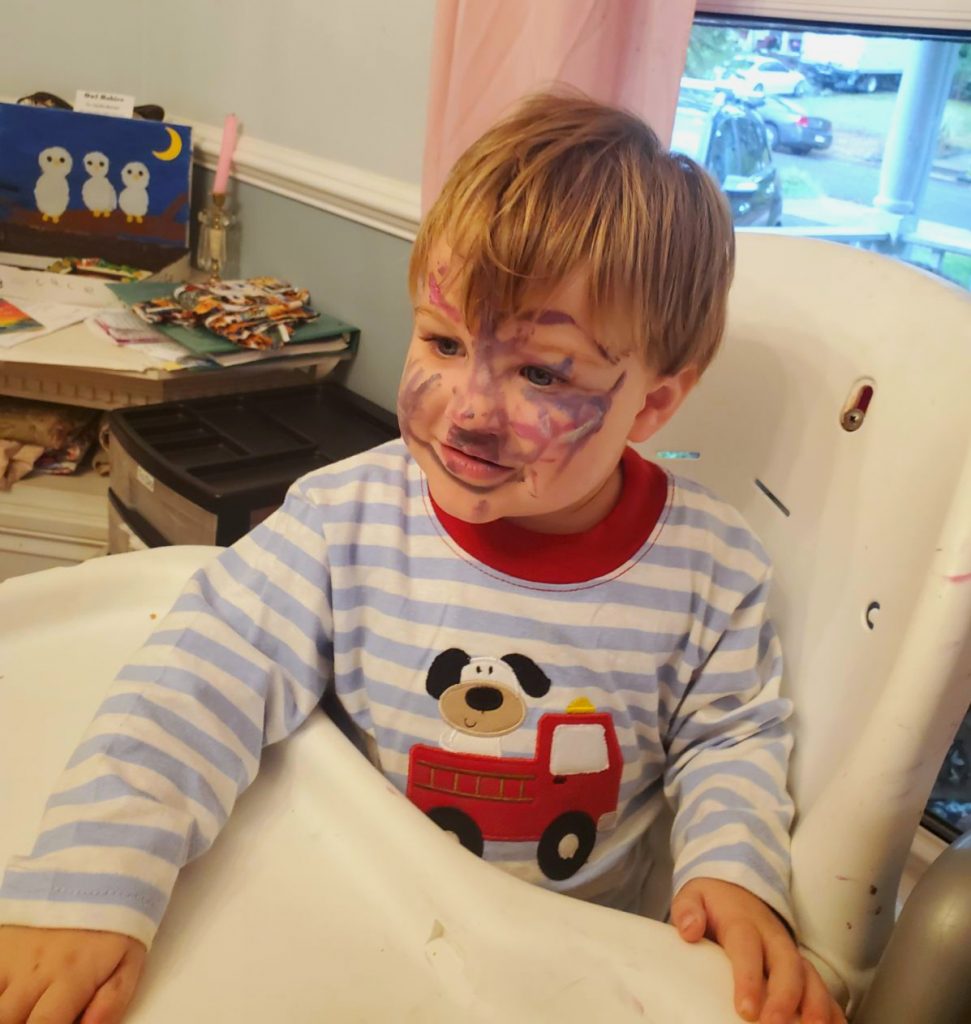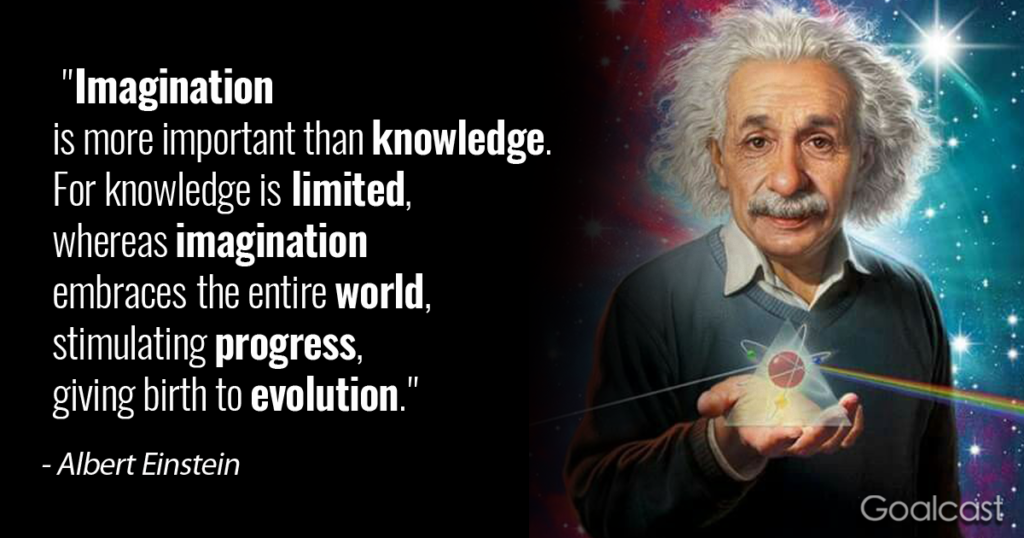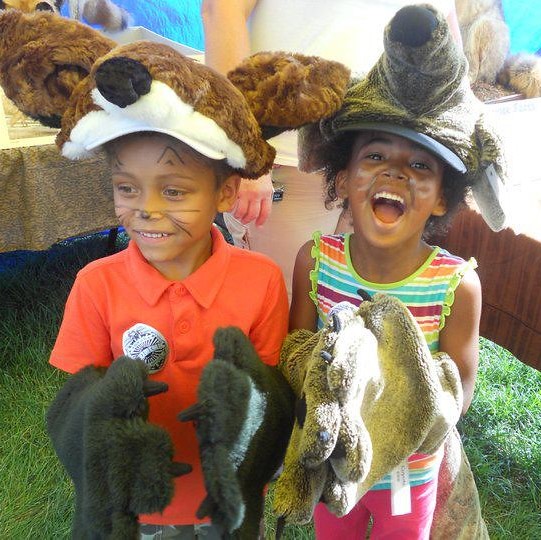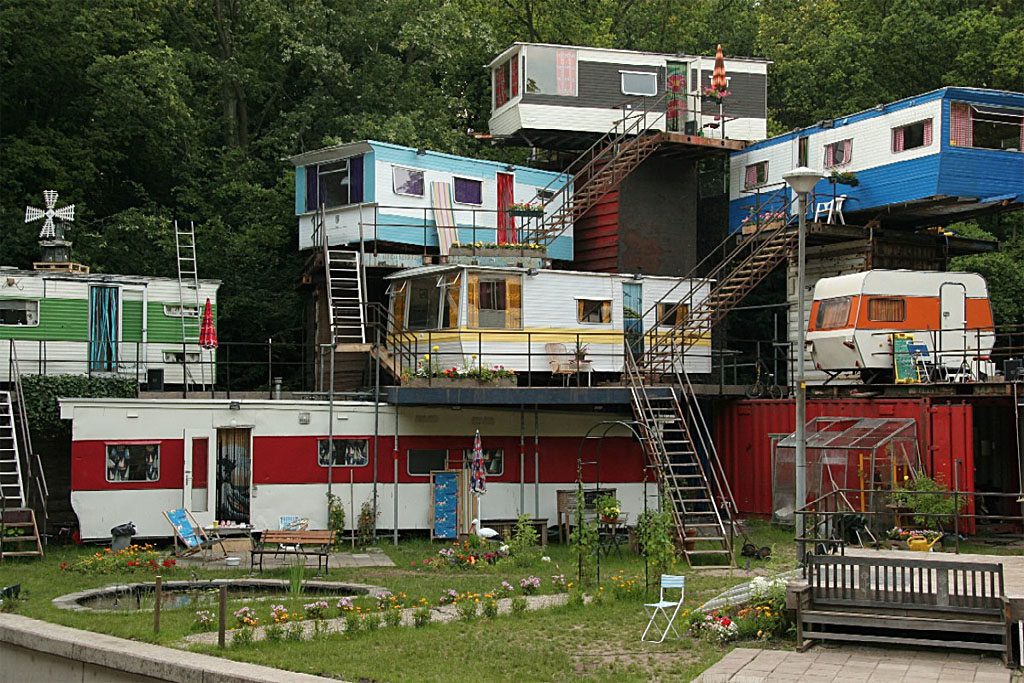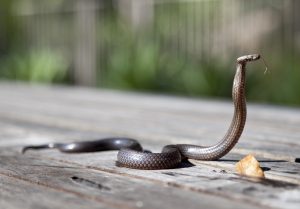Have you ever stopped to consider the difference between creativity and imagination? Clearly, the two are linked, but how do they affect each other?
The authors at the Discover Building Sets blog explain the relationship between imagination and creativity this way: “Creativity is commonly referred to as the ability to create something real using imagination. Whereas imagination is the capability to create in one’s own mind what does not exist. The imagination come first and is necessary for creativity but not the other way around.
Oxford Languages defines imagination as the faculty or action of forming new ideas, or images or concepts of external objects not present to the senses. And creativity is the use of the imagination or original ideas, especially in the production of an artistic work.
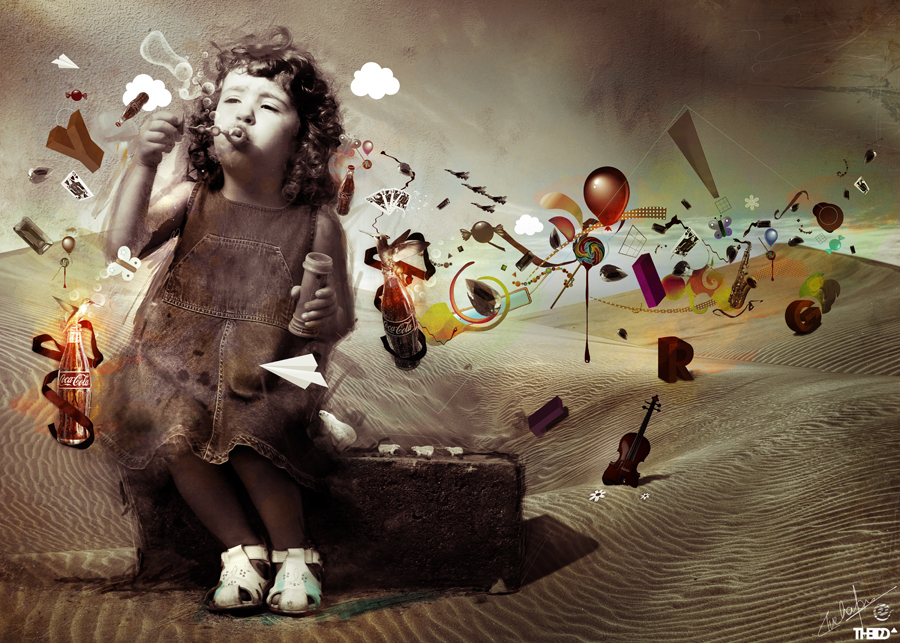
Mehdinom
Highly Creative People
The obvious question is, who’s the most creative of them all?
Determining the most creative person ever is highly subjective but there have been lots of people who have made groundbreaking contributions in various fields, demonstrating exceptional creativity. Quoting Kriti Roy (writing at Quora), some people often mentioned for their creativity include:
- Leonardo da Vinci: Leonardo da Vinci is renowned for his extraordinary artistic skills, scientific explorations, and inventive mind. His diverse talents and imaginative thinking exemplify creativity across multiple disciplines.
- Pablo Picasso: Picasso’s innovative and influential approach to art, particularly through his development of Cubism, challenged traditional artistic conventions and expanded the boundaries of visual expression.
- Marie Curie: Marie Curie’s pioneering work in radioactivity and her groundbreaking discoveries in physics and chemistry demonstrate her innovative and creative approach to scientific research.
- Albert Einstein: Einstein’s revolutionary theories in physics, including the theory of relativity, transformed our understanding of the universe. His ability to think beyond conventional boundaries and imagine new possibilities exemplifies creative thinking.
- William Shakespeare: Shakespeare’s literary works, such as his plays and sonnets, showcase his exceptional storytelling abilities, linguistic creativity, and profound insights into human nature.
These are just a few examples, and there are many other individuals throughout history who have made significant creative contributions in their respective fields.
It’s important to note that creativity can manifest in various domains, including arts, sciences, literature, philosophy, and more. Each person’s creativity is unique and shaped by their context, cultural influences, and personal experiences. Defining the “most creative” person ultimately depends on individual perspectives and the specific criteria used to evaluate creativity.
Traits of Creative People
Here are twelve traits that creative people possess and use in their daily lives, as discussed at indeed.com:
- Curious
- Playful
- Open-minded
- Flexible
- Sensitive
- Independent
- Risk-taking
- Intuitive
- Thorough
- Ambitious
- Objective
- Energetic
Creative Personality Traits often appear in apparently opposite personality types.
- Introverts and Extroverts
- Intuitive and Observant Personalities
- Feeling and Thinking Personalities
- Prospecting and Judging Personalities
- Assertive and Turbulent Personalities
In short, by my reading, any personality type can be creative, though not always by the same means.
“Creative people like to daydream and imagine the possibilities and wonders of the world. They can immerse themselves in imagination and fantasy, yet remain grounded enough to turn their daydreams into reality. They are often described as dreamers, but that doesn’t mean that they live with their heads in the clouds.”
Kendra Cherry, MSEd, from Very Well Mind
Downside to Imagination
Although imagination is necessary for creativity, not all imagining is productive. An individual with an overactive imagination is one whose tendency to focus on their fantasies is so frequent and central to their waking hours, as to distract them from actually working toward achieving their own goals, or developing real-life, fulfilling relationships.
There is a strong overlap between imagined and hallucinatory phenomena in the sense that both are internal representations of external things that are not present at the time.
Some people actually develop fantasy-prone personalities. Cases of FPP have a harder time distinguishing between external reality and their own, internal fantasies. They have also been found to be more easily hypnotized than the general population.
The ability to imagine—and then dwell on—things that are not actually happening can contribute to mental health problems such as anxiety and delusions.
But imagination can also play a powerful role in healing. Guided imagery can be used to help with pain, sleep, nausea, anxiety, anger and fatigue.
Bottom Line: As far as I can determine, there is no downside to creativity, whereas imagination is a two-
edged sword.

